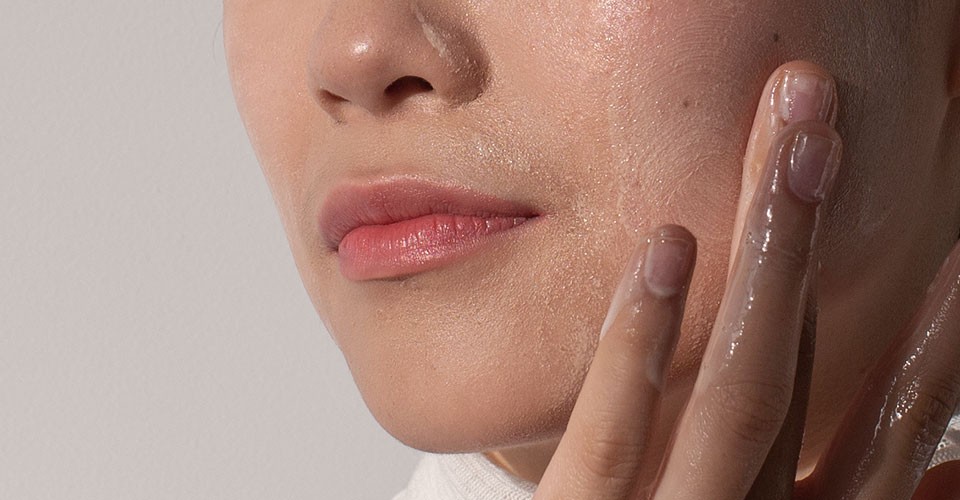What Causes Psoriasis on Scalp? Shocking Life-Changing Insights
For beauticians, understanding skin conditions is essential to providing effective treatments and holistic care. One significant skin concern that can affect clients' confidence is psoriasis on the scalp. This article delves into what causes psoriasis on scalp and offers insights that are both remarkable and life-changing.
Psoriasis, particularly on the scalp, can be a source of discomfort and embarrassment for many individuals. The condition manifests as red patches covered with thick, silvery scales, often leading to itching and flaking. So, what exactly causes psoriasis on the scalp? The answers are multifaceted and still the subject of ongoing research.

Understanding Psoriasis
Psoriasis is not just a skin condition; its an autoimmune disorder that speeds up the growth cycle of skin cells. While the exact cause remains unclear, several factors contribute to its development. Beauticians must be aware of these to guide their clients effectively.
Genetic Influences
One of the most significant factors influencing what causes psoriasis on scalp is genetics. Individuals with a family history of psoriasis are at a higher risk of developing the condition themselves. This hereditary aspect means that beauticians may encounter clients with a predisposition to scalp psoriasis.
Environmental Triggers
While genetics lay the groundwork for psoriasis, environmental triggers often set the condition into motion. Factors such as stress, infections, injury to the skin, and changes in weather can exacerbate symptoms. Beauticians should encourage clients to identify and manage these triggers.
Emotional Stress and Its Role
Stress is a common trigger for many chronic skin conditions. Studies show that emotional well-being can significantly influence skin health, including scalp psoriasis. When stressed, the body produces certain hormones that can aggravate psoriasis flare-ups, making emotional support from beauticians crucial.
Allergies and Sensitivities
Another vital aspect to consider is whether clients have allergies or sensitivities to hair products. Some shampoos and treatments can contain harsh chemicals that may trigger a reaction, leading to an escalation of scalp psoriasis symptoms. Encouraging clients to choose natural alternatives can promote healthier scalp conditions.
Common Symptoms to Look For
As a beautician, recognizing symptoms of psoriasis is crucial for recommending appropriate hair and scalp treatments. Symptoms typically associated with scalp psoriasis include:
- Red patches on the scalp
- Thick, silvery-white scales
- Dry, cracked skin that may bleed
- Itching and burning sensations
- Hair loss due to scratching
When to Refer Clients
If a client shows signs of scalp psoriasis, its essential to conduct a thorough consultation and, if necessary, refer them to a dermatologist. Early intervention can be critical in managing the condition effectively.
Conclusion: Empowering Clients with Knowledge
Understanding what causes psoriasis on scalp equips beauticians to provide informed recommendations and support their clients better. By offering guidance on identifying triggers, recommending gentle products, and encouraging stress-reducing practices, beauticians play a vital role in helping clients manage their scalp health.
For more detailed information on psoriasis, visit Penn Medicine.

FAQ Section
What are common treatments for scalp psoriasis?
Common treatments include topical corticosteroids, medicated shampoos, and light therapy. Consulting a dermatologist can help in finding the right treatment plan.
Can scalp psoriasis lead to hair loss?
Yes, scratching and inflammation associated with psoriasis can lead to temporary hair loss. However, proper treatment can help restore scalp health.
Are there lifestyle changes that can help?
Yes, maintaining a balanced diet, managing stress, and avoiding known triggers can all contribute to reducing flare-ups.

